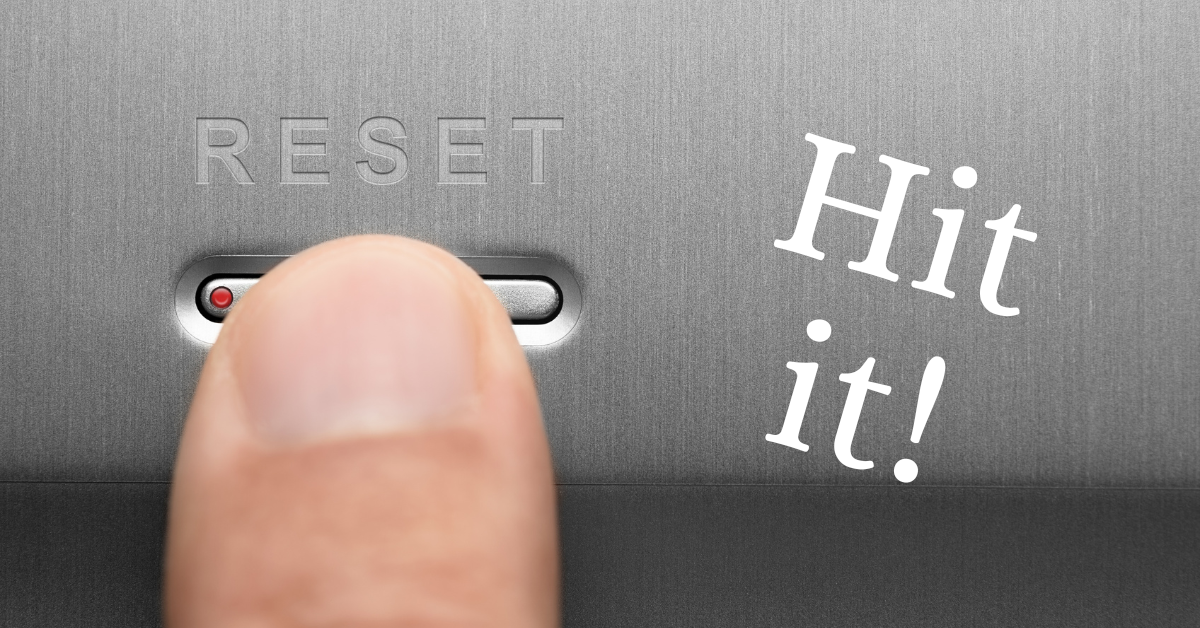
According to the Center for Diseases Control and Prevention’s National Center for Chronic Disease Prevention and Health, 1 in 2 adults in the United States has a chronic disease. One in four have 2 or more! The leading cause of death, disability, and rising health care costs are heart disease, cancer, chronic lung disease, stroke, Alzheimer’s disease, and type 2 diabetes. Tobacco use, poor nutrition, physical inactivity, and excessive alcohol use are the key risk factors for chronic disease.
Why is there a need right now for health coaches?
The key risk factors for the chronic diseases listed above are mostly due to lifestyle choices. The increasing rate of “lifestyle” diseases in the world has created a need for health coaching. Lifestyle behavioral choices are the leading cause contributor to premature death over genetics, social circumstances, environmental factors, and access to healthcare.
Also, health coaching is on the rise because the idea of “wellness” has changed. Years ago, the focus was just on a person’s physical health. Recently, this definition has grown to include mental, environmental, and social well-being. The National Wellness Institute defines wellness as “an active process through which people become aware of, and make choices toward, a more successful existence.”
There is an increasing demand for physician’s and other healthcare professionals’ time. Time constraints may not allow them to be able to comprehensively counsel patients on lifestyle risk-factor modifications. This is where a health coach can work collaboratively with physicians and other health professionals to support their clients with lifestyle changes.
What is a health coach?
A health coach co-creates with their client to get to their goal(s). A coach supports their client by focusing on their personal values and reasons for change. During coaching sessions, a client has the opportunity to discover and identify their own strengths and motivations for change. Clients receive support from a coach with developing achievable and measurable goals to monitor their own success. Partnering together, the client and coach can address any barriers to their goal and adjust as needed. They can discuss new strategies to stay on track to reach their goals.
There are restrictions to what a health coach can do. A health coach cannot prescribe and give advice. Health coaching is currently unregulated in the United States. Standards have been developed to serve clients with evidence based coaching skills. The National Board for Health and Wellness Coaching (NBHWC) created health and wellness training, educational programs and certifications with the National Board of Medical Examiners (NBME). The NBWE is an organization that’s mission is to protect the public’s health through the assessment of health professionals. Some health coaching certifications are also accredited by the National Commission for Certifying Agencies (NCAA) which is the gold standard for certification for the majority of healthcare and allied healthcare professionals.
Health coaching options
There are many ways to interact with a health coach. The most traditional is an in-person session where you meet weekly for 30-60 minutes over 3 months. Others include video conference sessions, in-person group sessions, and telephone coaching calls. Some health coaches even offer text or email coaching which can be more economical and less restricted if someone is unable to meet in person.
How can a health coach benefit you?
A health coach can offer a person-centered approach. Each client has a unique goal, but also a unique way to reach that goal. One person may want to reduce stress, another may want to help improve their sleep, and someone else may want help managing a chronic disease. Usually, people know what they want to do but they are not sure HOW to get the results they desire. A health coach helps a client determine their HOW. A coach supports a client to ultimately self-manage and maintain their ongoing healthy lifestyle.
What types of conditions do health coaches work with?
- Stress management
- Proper nutrition for overall health
- Physical activity
- Overweight/obesity
- Smoking cessation
- Lifestyle modifications or management and self-care strategies to help with chronic diseases (cardiovascular disease, diabetes, high blood pressure, osteoporosis, arthritis, high cholesterol, cancer, low back pain)
Health coaches collaborate with other health care professionals like registered dieticians, physicians, mental health professionals, personal trainers, etc. Having a health coach is associated with better weight management success, increased physical activity, improved health status, and better management of chronic diseases.
Conclusion
As the definition of wellness has changed, so have the opportunities to improve one’s health and well-being. Using a more holistic approach of the mind, body, and relationship with community, a health coach can provide the support to reach a client’s health goal(s).
Much love & health,
Carrie
Carrie Howard is an ACE Certified Health Coach and 500-hour Registered Yoga Teacher. If you have would like to reach out to Carrie to see if health coaching is right for you, contact her at carrie@shiftedarrow.com.

